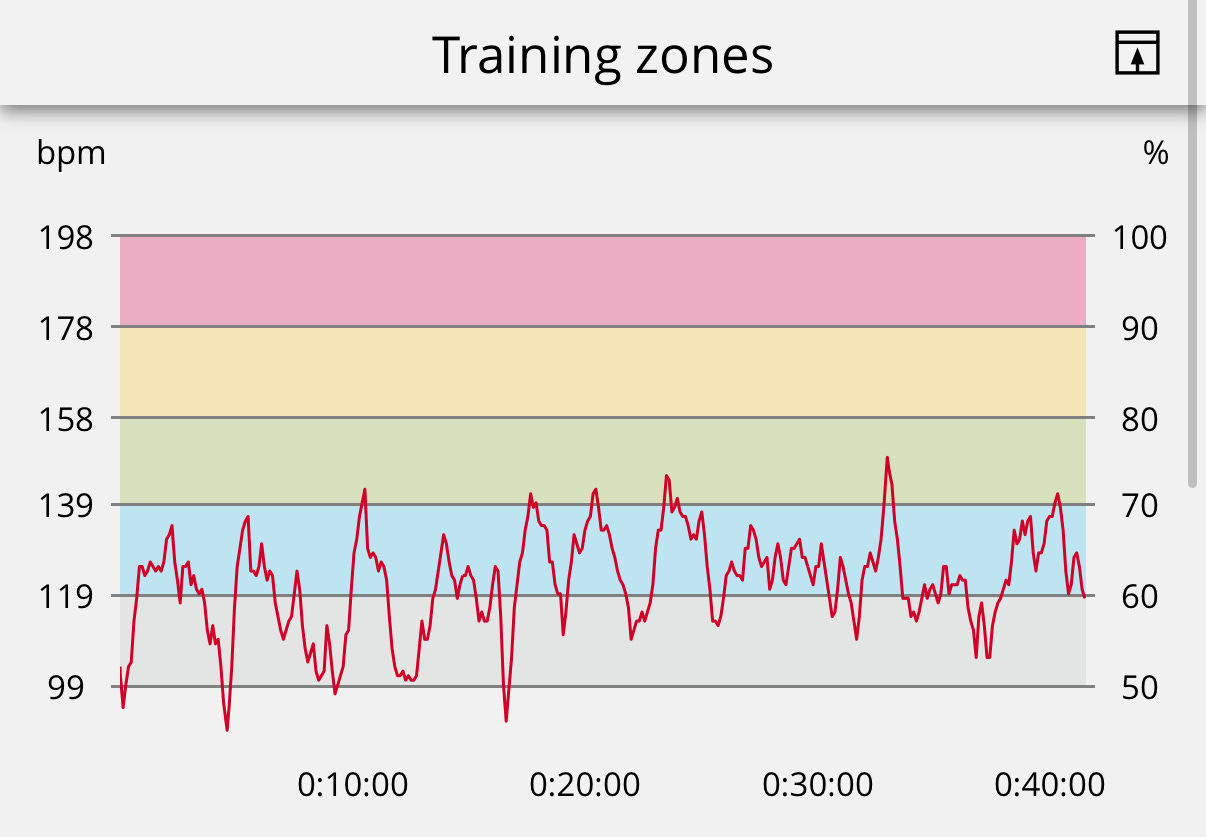Clarifying Some Things About Medical Advice
After some good feedback on Saturday's newsletter, I figure it's up to me to provide some clarity.
I’m a personal trainer, athlete, nutrition coach, and self-diagnosed hypochondriac,
Not a doctor or medical professional.
What I wrote last Saturday about birth control and its harmful effects was not meant to be medical advice, a recommendation, or something you shouldn’t first talk to your doctor about.
In the post, I didn’t recommend against birth cont…




